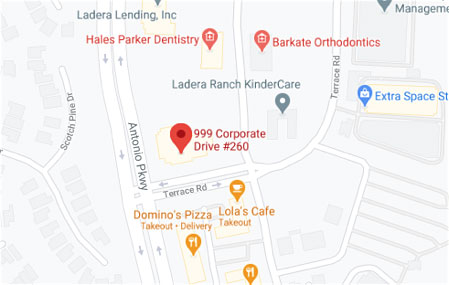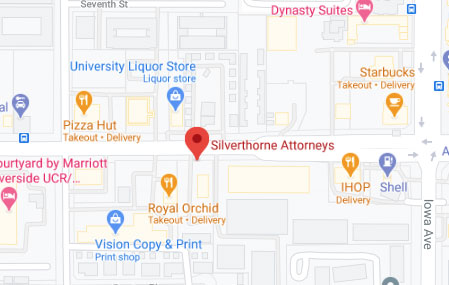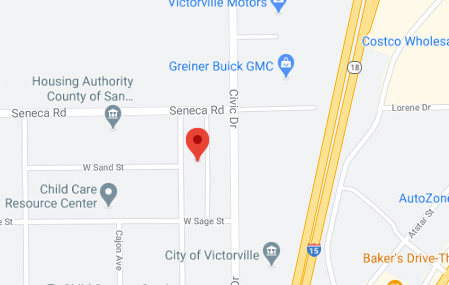
Anoxic brain damage is when there is an injury to the brain due to lack of oxygen. While hypoxia is the term used to describe low oxygen, brain cells without enough oxygen will begin to die after 4 minutes.
Causes
Oxygen is carried to the brain through blood. Anoxic brain damage may occur if:
- The blood flow to the brain is blocked or slowed. This can happen with:
- Blood clots or a stroke;
- Shock and heart problems, such as a heart attack;
- The blood flow is normal, but the blood is not carrying enough oxygen to the brain. This can happen if:
- You have lung disease;
- There is a lack of oxygen in the air due to high altitudes;
- You have prolonged exposure to certain poisons or other toxins, such as carbon monoxide;
- You have an event that prevents you from breathing normally, such as drowning, choking, or suffocation.
Risk Factors
The following accidents and health conditions may increase your chances of an anoxic brain injury:
- Sudden cardiac arrest or heart attack;
- Choking;
- Suffocation;
- Drowning;
- Electrical shock;
- Malfunctioning gas appliances in the home that produce carbon monoxide;
- Heart arrhythmia;
- Stroke;
- Drug abuse.
Of course these are just a few. Any other head trauma may cause you to suffer from anoxic brain damage.
Symptoms
Not to scare anyone, but severe damage may lead to a coma or vegetative state. Mild-to-moderate hypoxic brain damage may cause the following symptoms:
- Headache;
- Confusion;
- Decreased concentration and attention span;
- Mood swings and/or personality change;
- Intermittent loss of consciousness;
- Seizures;
- Poor coordination.
It is rare, but there may be a decline in brain function a few days or weeks after the head injury takes place. This is caused by delayed injury in the brain.
Diagnosis
When you go in to see your doctor, they will ask about your symptoms and medical history. We will then undergo a physical exam. If your primary care physician or doctor cannot diagnosis you, they may refer you to a doctor who specializes in brain problems/injuries.
Some of the following tests can help determine the extent of the damage to the brain and what part of the brain is involved:
- Head CT scan;
- MRI scan;
- EEG – a test that measures the electrical activity that your brain generates;
- SPECT scans – a type of CT scan that examines areas of the brain for blood flow and metabolism;
- Evoked potential tests – tests used to evaluate the visual, auditory, and sensory pathways.
Treatment
Keep in mind that treatment will vary depending upon the individual and how advanced the brain injury is.
Initial Treatment
The initial treatment will depend on what caused the injury in the first place. Some treatment options include:
- Oxygen therapy to increase the amount of oxygen circulating in your blood;
- Medication to help get adequate oxygenated blood to the brain;
- Efforts to cool the brain to help limit brain damage.
Rehabilitation
Recovering from brain damage can be very uncertain. It will also take some time. Your chance of recovery will depend on how long and how severely you were deprived of oxygen at the time of your accident. Many people with mild brain damage can usually recover most of their lost functions.
During the rehabilitation process, you and your family may work with the following:
- A physical therapist who will help retain motor skills such as walking;
- An occupational therapist who will help to improve daily skills, such as dressing and going to the bathroom;
- A psychologist who will help you with behavior and emotional issues that are directly related to your injuries.
Recovery can take months. Sometimes, it can take years. Again, it will depend on the severity of the injury and your ability to work with your doctors. However, in many cases, full recovery is never achieved, but some can successfully learn to live with remaining disabilities. In general, the sooner you begin rehabilitation, the better the outcome.
Prevention
To help reduce your chance of anoxic brain damage:
- Chew your food slowly;
- Learn to swim;
- Carefully supervise young children around water;
- Stay clear of high voltage electrical sources, including exposure to lighting;
- Avoid chemical toxins and illicit drugs;
- Install carbon monoxide detectors.
If you or someone you know has suffered from anoxic brain damage due to the negligence of another, contact our office at (949) 234-6034 to discuss your case with an Orange County brain injury lawyer. Consultations are free!












